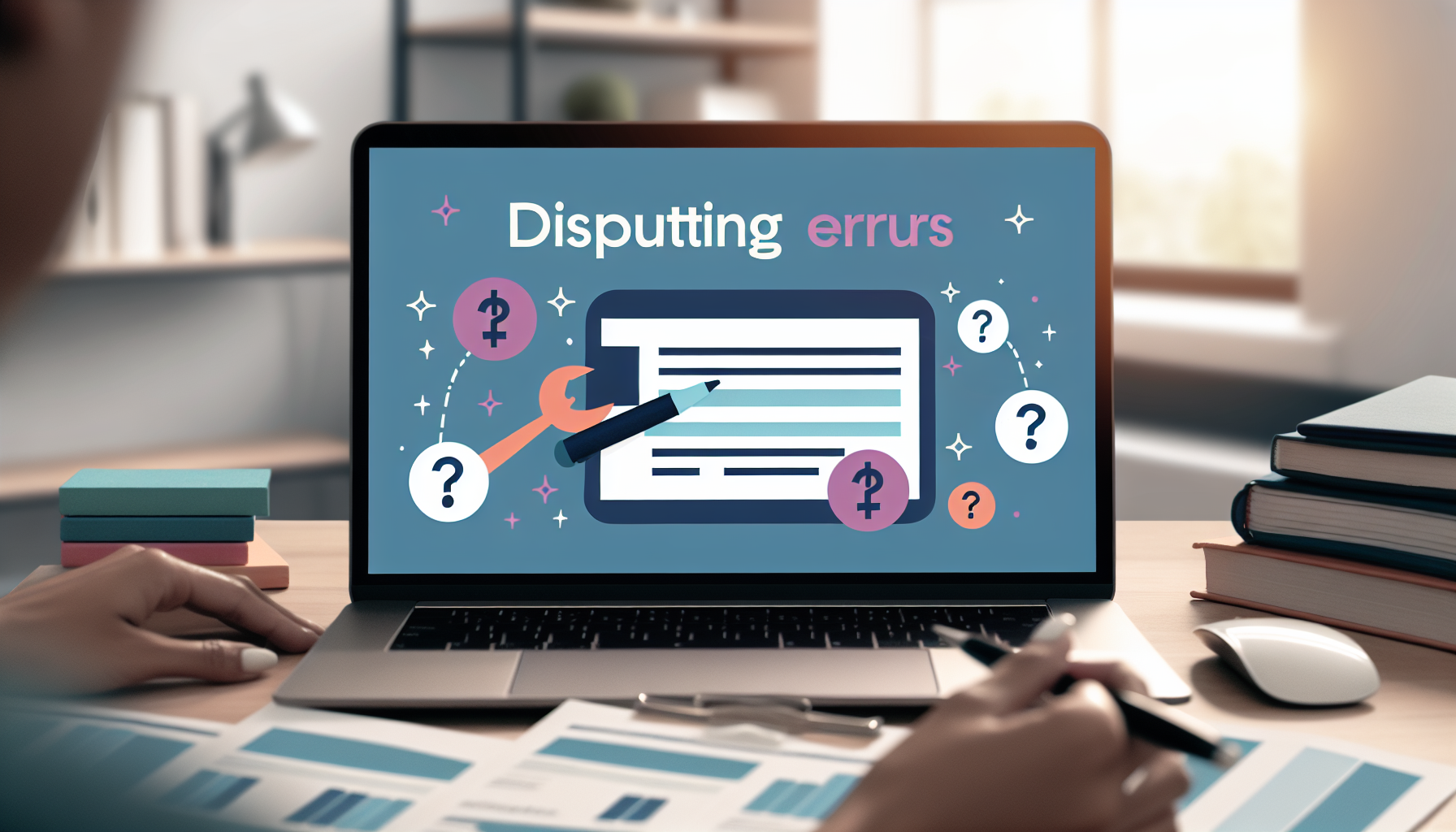Errors on your credit report can tank your credit score by 50 points or more, yet 74% of Americans have never checked their report for mistakes. These errors aren’t just numbers on a page – they can cost you thousands in higher interest rates or even prevent you from getting approved for a mortgage, car loan, or credit card.
The good news? You have the legal right to dispute any incorrect information, and the process is more straightforward than most people think. Here’s exactly how to clean up your credit report and potentially boost your score in the process.
Why Credit Report Errors Are More Common Than You Think
Credit reporting agencies process billions of data points monthly, and mistakes happen frequently. Identity mix-ups, outdated information, and reporting errors from creditors create a perfect storm for inaccuracies.
Common errors include accounts that aren’t yours, payments marked as late when you paid on time, closed accounts showing as open, and incorrect balances or credit limits. Some people even find bankruptcies or foreclosures that belong to someone else entirely.
These mistakes don’t just hurt your credit score – they paint an inaccurate picture of your financial responsibility. When understanding your credit report becomes crucial for major financial decisions, you need that information to be 100% accurate.
Getting Your Free Credit Reports
Start by obtaining your credit reports from all three major bureaus: Experian, Equifax, and TransUnion. You’re entitled to one free report annually from each bureau through AnnualCreditReport.com – the only officially authorized website.
Don’t get your reports all at once. Instead, space them out every four months to monitor your credit throughout the year. This strategy helps you catch errors quickly and track your progress after disputing mistakes.
Review each report carefully since the three bureaus often have different information. An error on one report might not appear on the others, but it can still damage your credit score.
Identifying Errors That Need Disputing
Go through your reports line by line, checking every detail. Look for personal information errors like wrong addresses, misspelled names, or incorrect Social Security numbers. These might seem minor, but they can lead to someone else’s information being mixed with yours.
Next, examine your account information. Verify that all accounts actually belong to you, check payment histories for accuracy, and confirm that closed accounts show the correct status. Pay special attention to negative items like late payments, collections, or charge-offs.
Don’t forget to check credit inquiries. Hard inquiries should only appear when you’ve actually applied for credit. Unauthorized inquiries could signal identity theft and definitely need to be disputed.
The Step-by-Step Dispute Process
Once you’ve identified errors, gather supporting documentation. This might include bank statements, payment confirmations, or correspondence with creditors. Strong documentation significantly improves your chances of a successful dispute.
File your dispute online, by phone, or through mail with each credit bureau reporting the error. Online disputes are typically fastest, but mail provides a paper trail. Include copies (never originals) of supporting documents and be specific about what’s wrong and why.
The credit bureau has 30 days to investigate your dispute. They’ll contact the creditor who reported the information and ask them to verify it. If the creditor can’t verify the information or doesn’t respond, the credit bureau must remove it from your report.
Following Up on Your Disputes
After 30 days, check your credit report to see if the errors were corrected. The credit bureau will send you an updated report showing any changes. If the dispute was successful, you should see an immediate improvement in your credit score.
Sometimes creditors will verify incorrect information, leading to a dispute being rejected. Don’t give up – you can re-dispute with additional documentation or escalate to the Consumer Financial Protection Bureau if necessary.
If working directly with credit bureaus isn’t getting results, consider disputing directly with the creditor who reported the incorrect information. They’re required to investigate and correct errors with all three credit bureaus if you provide adequate proof.
Monitoring Your Credit After Disputes
Successfully disputing errors isn’t a one-time fix – you need ongoing monitoring to catch new mistakes quickly. Many credit card companies and banks offer free credit monitoring services that alert you to changes in your reports.
Consider signing up for credit monitoring from multiple sources since they often use different bureaus. Quick detection of new errors means you can dispute them before they significantly impact your score.
Remember that improving your credit score involves more than just removing errors. Focus on strategies for improving your credit score through positive financial habits like paying bills on time and keeping credit utilization low.
When to Seek Professional Help
Most credit report disputes are straightforward enough to handle yourself, but complex situations might require professional assistance. Consider hiring a credit repair company if you’re dealing with identity theft, have numerous errors across multiple reports, or lack the time to manage disputes yourself.
Be cautious when choosing credit repair services. Avoid companies that guarantee specific results, ask for payment upfront, or tell you not to contact credit bureaus directly. Legitimate companies will explain your rights and help you understand the process.
You can also consult with a consumer law attorney if you believe a creditor or credit bureau is violating federal credit reporting laws. Willful violations can result in damages being paid to you.
Disputing credit report errors takes patience, but the financial benefits make it worthwhile. Start by getting your free reports, identify any mistakes, and begin the dispute process immediately. Your future self will thank you when you’re approved for that mortgage or qualify for the best interest rates available.
